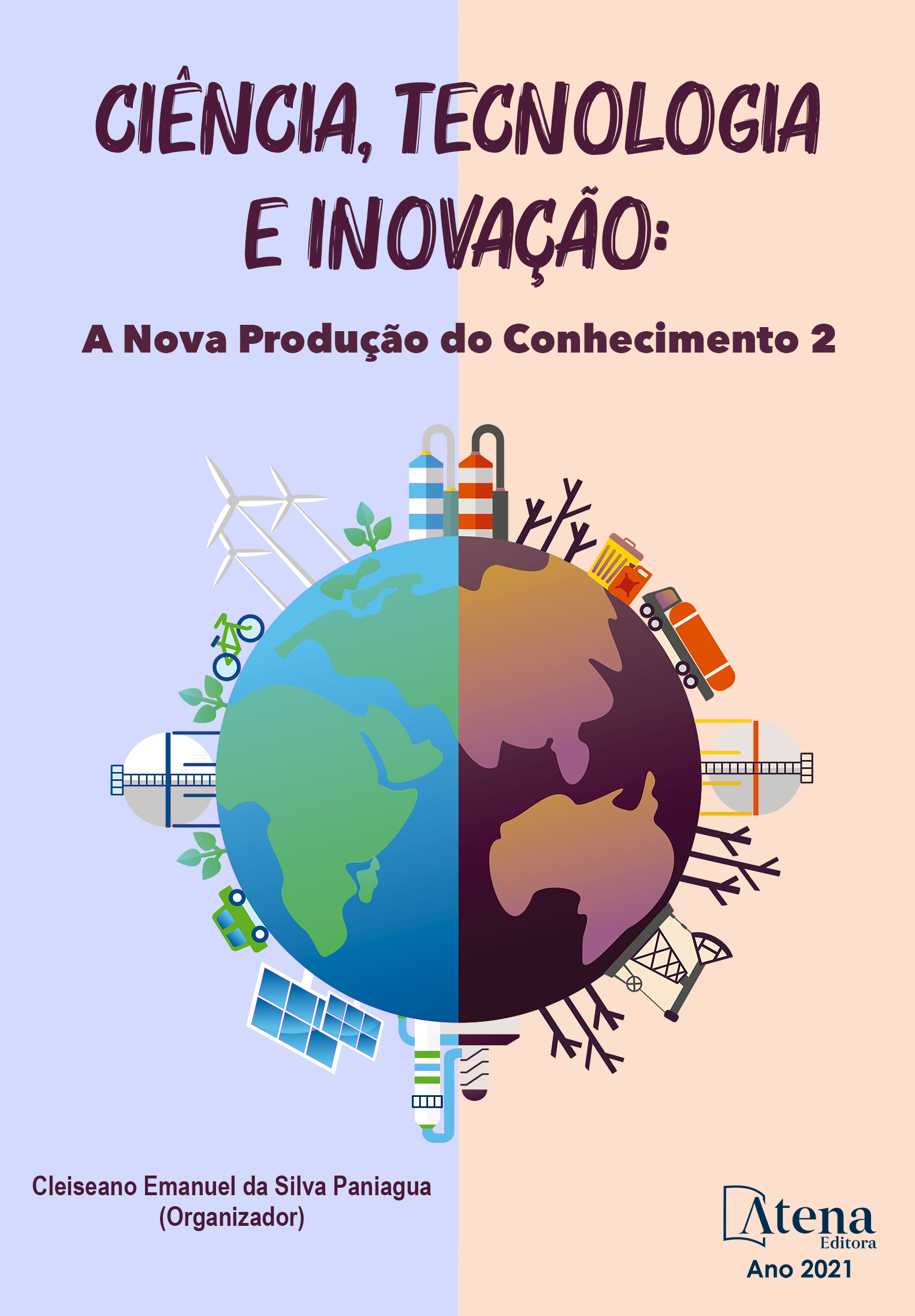
A EAD E USO DAS TECNOLOGIAS DIGITAIS EM TEMPOS DE PANDEMIA DA COVID -19 COMO ACESSO AO PROCESSO DE ENSINO APRENDIZAGEM.
O presente artigo é resultado das discussões realizadas no âmbito do grupo de pesquisa tecnologias digitais no contexto educacional amazônico. E que, diante da pandemia do Coronavírus, houve a necessidade de investigar como alunos e professores estavam mediando o ensino remoto em uma instituição educacional. As reflexões baseiam-se nos entendimentos teóricos e práticos dos autores: Kenski (2010), Mill e Pimentel (2013) e Belloni (2010). As análises apresentadas advêm dos dados coletados com professores coordenadores, alunos e pais, que utilizaram as tecnologias digitais, disponibilizadas pela escola no período da quarentena. Os resultados apontam que apesar do reconhecimento de que as tecnologias digitais contribuem com as práticas pedagógicas em EaD, no entanto, fatores relacionados a ausência de infraestrutura adequada bem como formação pedagógica e instrumentos tecnológicos insuficientes, caracterizam-se como obstáculos à articulação das tecnologias com as práticas que favoreçam o processo ensino aprendizagem na escola em questão.
A EAD E USO DAS TECNOLOGIAS DIGITAIS EM TEMPOS DE PANDEMIA DA COVID -19 COMO ACESSO AO PROCESSO DE ENSINO APRENDIZAGEM.
-
DOI: 10.22533/at.ed.0812131052
-
Palavras-chave: Ensino a distância, tecnologias digitais, processo ensino e aprendizagem.
-
Keywords: Distance learning, digital technologies, teaching and learning process
-
Abstract:
This article is the result of discussions held within the scope of the digital technologies research group in the Amazonian educational context. And that, in the face of the Coronavirus pandemic, there was a need to investigate how students and teachers were mediating remote teaching in an educational institution. The reflections are based on the theoretical and practical understandings of the authors: Kenski (2010), Mill and Pimentel (2013) and Belloni (2010). The analyzes presented come from data collected with coordinating teachers, students and parents, who used digital technologies, made available by the school during the quarantine period. The results show that despite the recognition that digital technologies contribute to distance learning pedagogical practices, however, factors related to the lack of adequate infrastructure as well as insufficient pedagogical training and technological instruments, are characterized as obstacles to the articulation of technologies with practices that favor the teaching-learning process in the school in question.
-
Número de páginas: 15
- Maria Sueli Corrêa dos Prazeres
- GEANICE RAIMUNDA BAIA CRUZ


